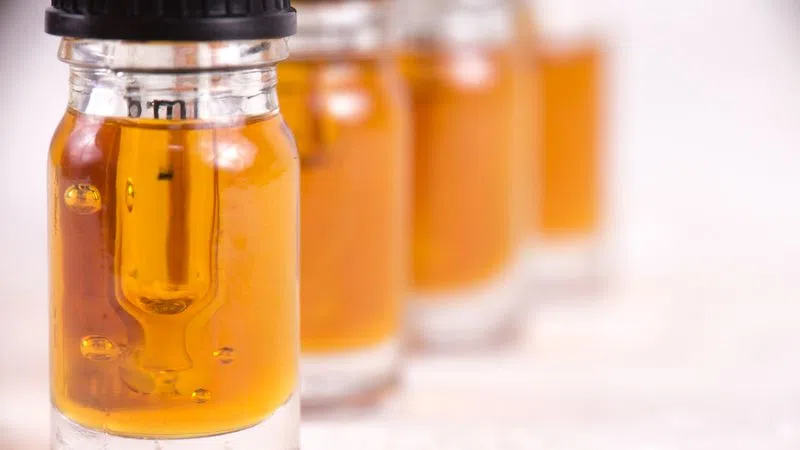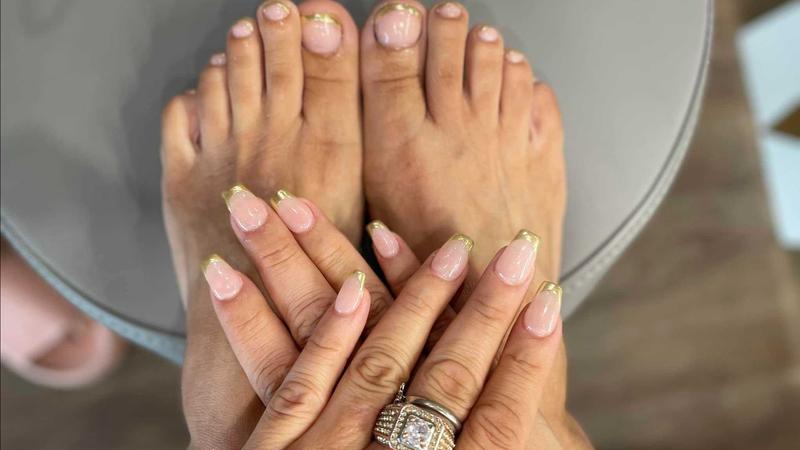
U of S study shows medicinal cannabis oil could be effective for treating children with severe epilepsy
Preliminary results from a new study out of the University of Saskatchewan showed medicinal cannabis oil containing both cannabidiol (CBD) and a small amount of THC can drastically reduce seizures in a small subgroup of children with severe, drug-resistant epilepsy.
According to research published in Frontiers in Neurology, children in the study who had severe epilepsy experienced an improvement in quality of life after taking low doses of the medicinal cannabis oil.
The study was designed to test the effects of oil with 95 per cent CBD, a chemical that does not create a high, and five per cent THC, an intoxicating substance in large doses.
The dosage escalation study saw researchers measure levels of CBC and THC in the blood of patients, something never done before in similar studies.


